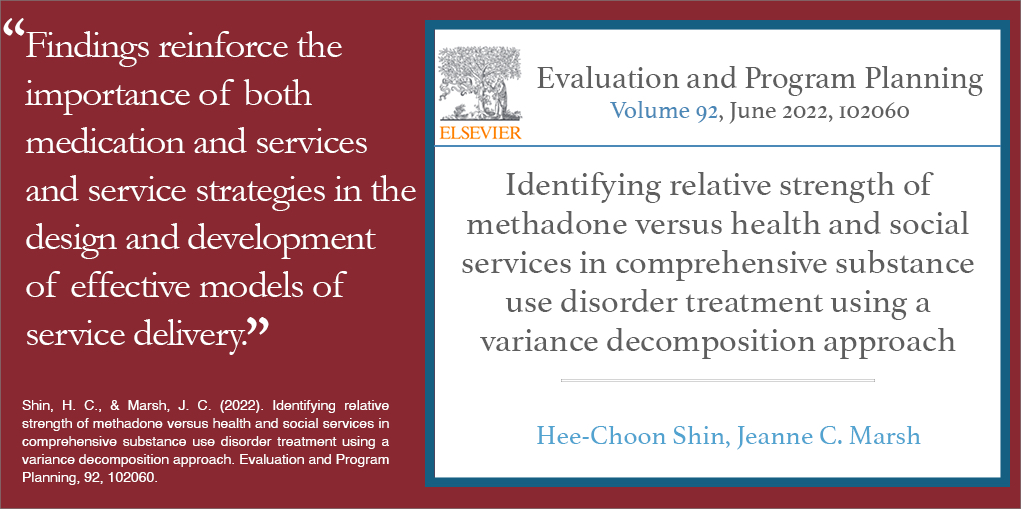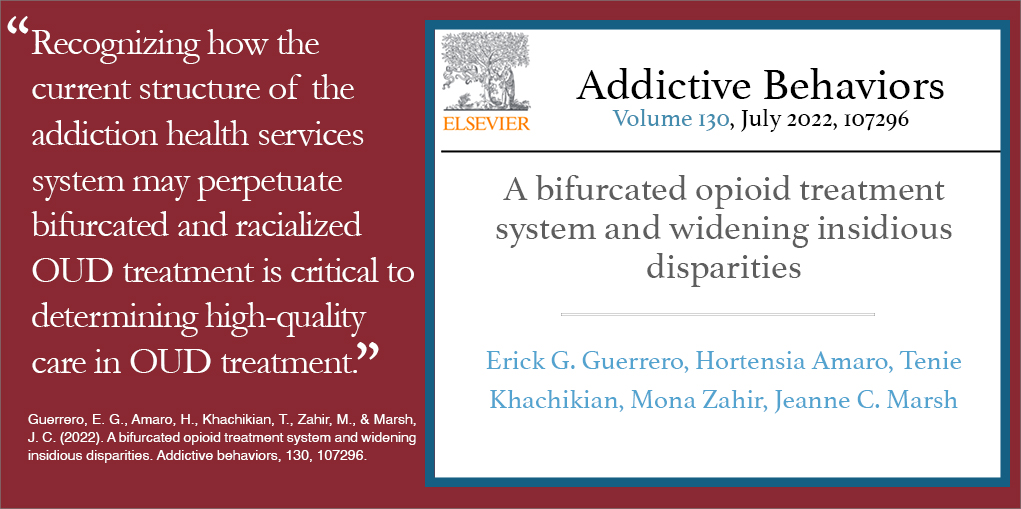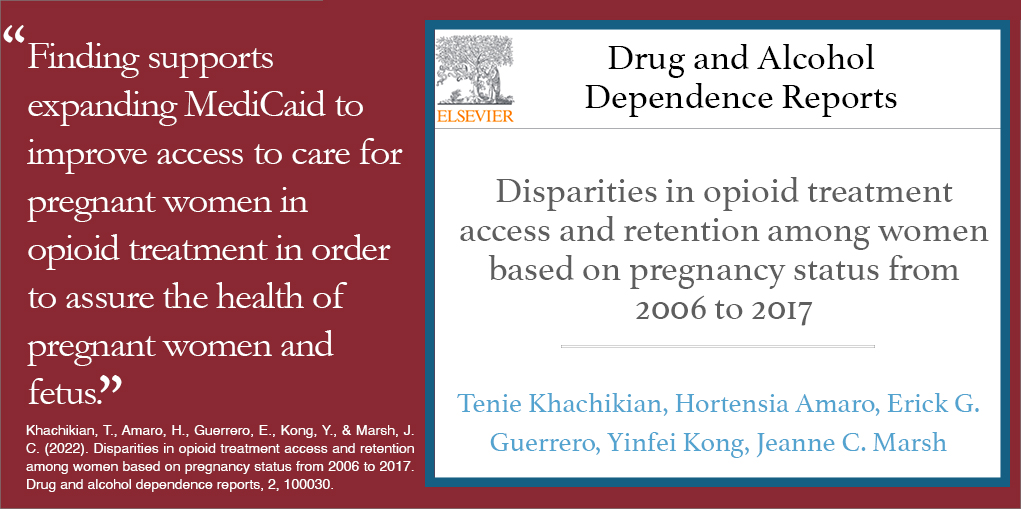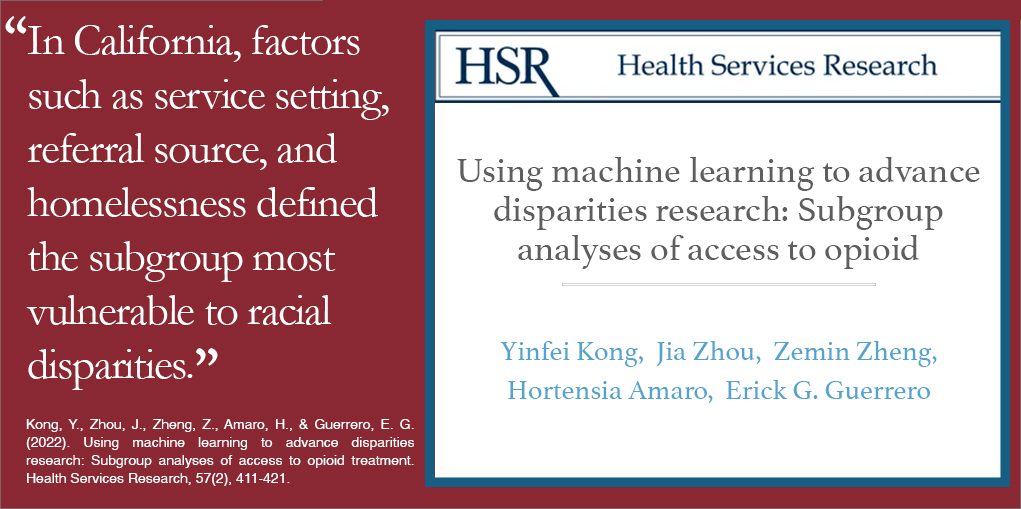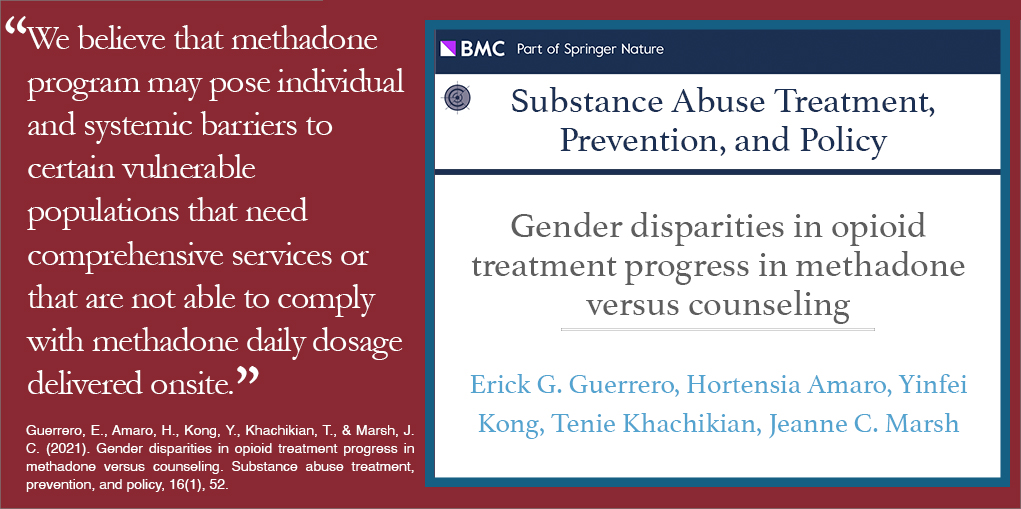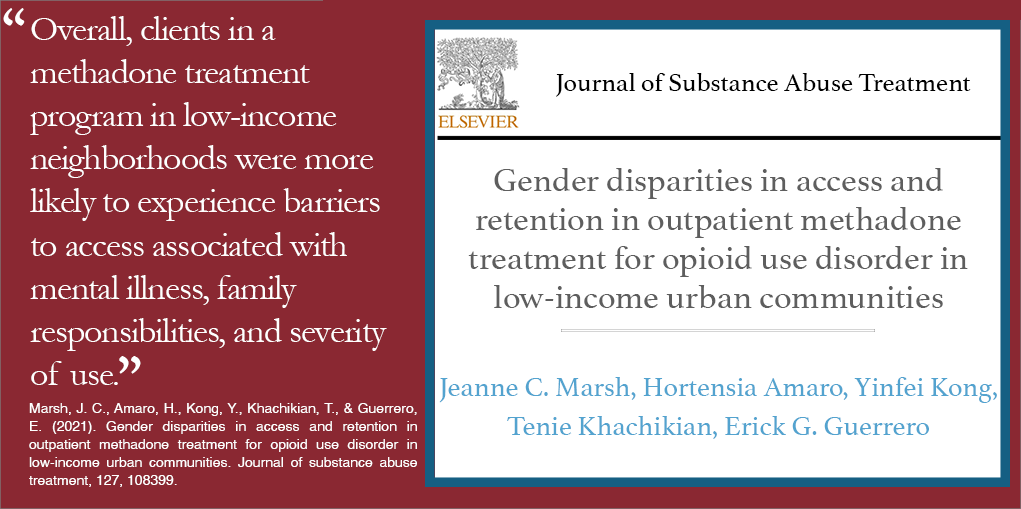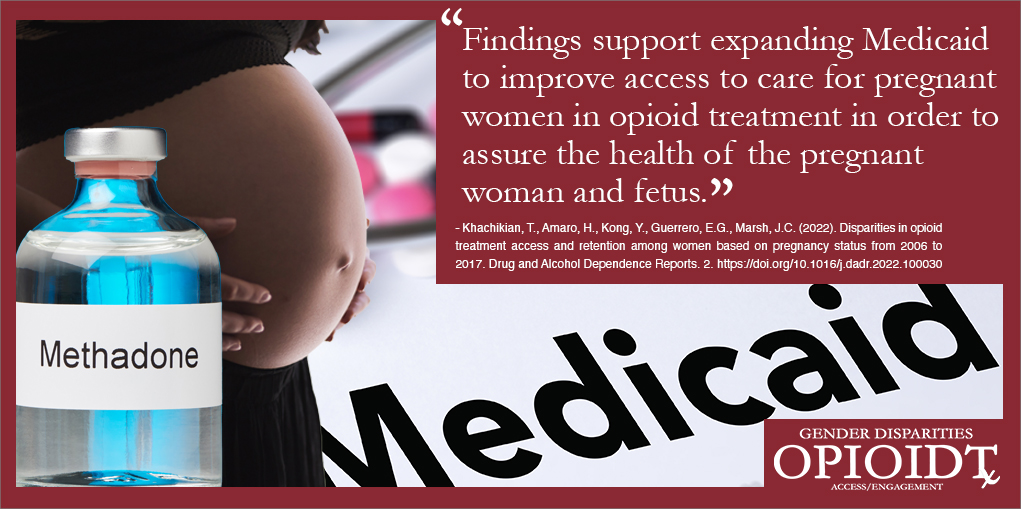Researchers Uncover How Leadership Influences Workplace Climate and Delivers Culturally Responsive Health Care
There has been limited effort to scientifically study the implementation of culturally responsive practices in health care to date, which prompted a team of researchers led by Dr. Erick Guerrero from the USC Integrated Substance Abuse Treatment to Eliminate Disparities (iSATed) lab, to further explore this area. Their study, published in Implementation Science examines employee perceptions of leaders’ transformational leadership style and the relation with workplace climate and delivery of culturally responsive knowledge, services and personnel practices. Data collected in 2013 from 427 employees within 112 addiction treatment programs (courtesy of the Los Angeles County Public Health Department) was analyzed in this study.
Because leaders are responsible for oversight of the implementation process within their given organization, both direct and indirect leadership play an important role in influencing employee behavior and shaping organizational context. According to the study, research demonstrates that “leaders’ communication and prioritization of new norms and expectations” ultimately affects organizational climate, which is “employee adoption of those norms and endorsement of congruent practices.” Because of the more intimate program size and management style involved in substance use disorder treatment programs, a keen understanding of the relationship between leadership and the implementation of cultural competence practices is essential to improved engagement among clients from racial and ethnic minority backgrounds.
Transformational leadership, “a leader’s ability to inspire others to follow a particular course of action and perform beyond previous levels,” is described as “one of the most influential leadership styles” in the study because these leaders “consider the unique talents of each staff member or employee … give specific feedback to each staff member based on his or her needs, stimulate new ways of solving problems, and create a shared sense of purpose among all staff members.” This type of leadership is best displayed by relaying one’s objectives and values, communicating critical information and modeling ideal behavior so staff can utilize these practices for personal decision-making purposes. According to the study, transformational leadership can be particularly helpful in health care when leaders “adopt decisions, develop strategic goals and activities supporting innovation implementation, secure necessary resources, build organizational capacity for change, scan the internal and external contexts, and provide performance feedback to the staff.”
The study further explains that an organizational climate respondent to clients’ cultural values, norms, history and language – all factors that are important to implementing cultural competence practices – is key. Organizational climate pertains to what is expected, promoted, supported, rewarded and punished within the workplace and the study examines both singular, molar climates or “those with shared perceptions of organizational policies and procedures” and multiple simultaneous focused climates, those with “shared perceptions of a direct manager’s priorities through rewards and support of employees’ specific behaviors and attitudes.”
According to the study, leaders who prioritize the implementation of cultural competence develop strategic objectives “supporting culturally competent practices, allocating resources for culturally competent services, and providing supervision and coaching to build culturally competent knowledge.” These leaders also communicate their expectations, continue onward when faced with challenges and they reward employees who effectively implement cultural competent practices and support organizational climate.
Overall, results showed a positive relationship between director’s transformational leadership and programs’ culturally responsive knowledge, services and personnel through the role of climate for implementation of cultural competence. The study’s results also illustrate the need for transformational leadership in health care to effectively communicate/model desired practices and behavior to staff and the need to incentivize midlevel supervisors who are implementing the priorities and expectations of management in a well-oiled leadership-climate-practice approach.
This study highlights the importance of differential training for upper and middle level managers to improve the implementation and impact of cultural competence on client engagement. Upper managers need training on creating buy-in using role modeling and promoting employees’ professional development. In contrast, middle managers need training on implementation approaches to prioritize, guide, promote and supervise implementation of culturally responsive practices. Together, management can make a difference in improving the quality of care in SUD treatment and end racial/ethnic disparities in care.
To view the study in its entirety, please click here.
Source: “Advancing theory development: exploring the leadership–climate relationship as a mechanism of the implementation of cultural competence”, Implementation Science




